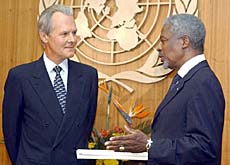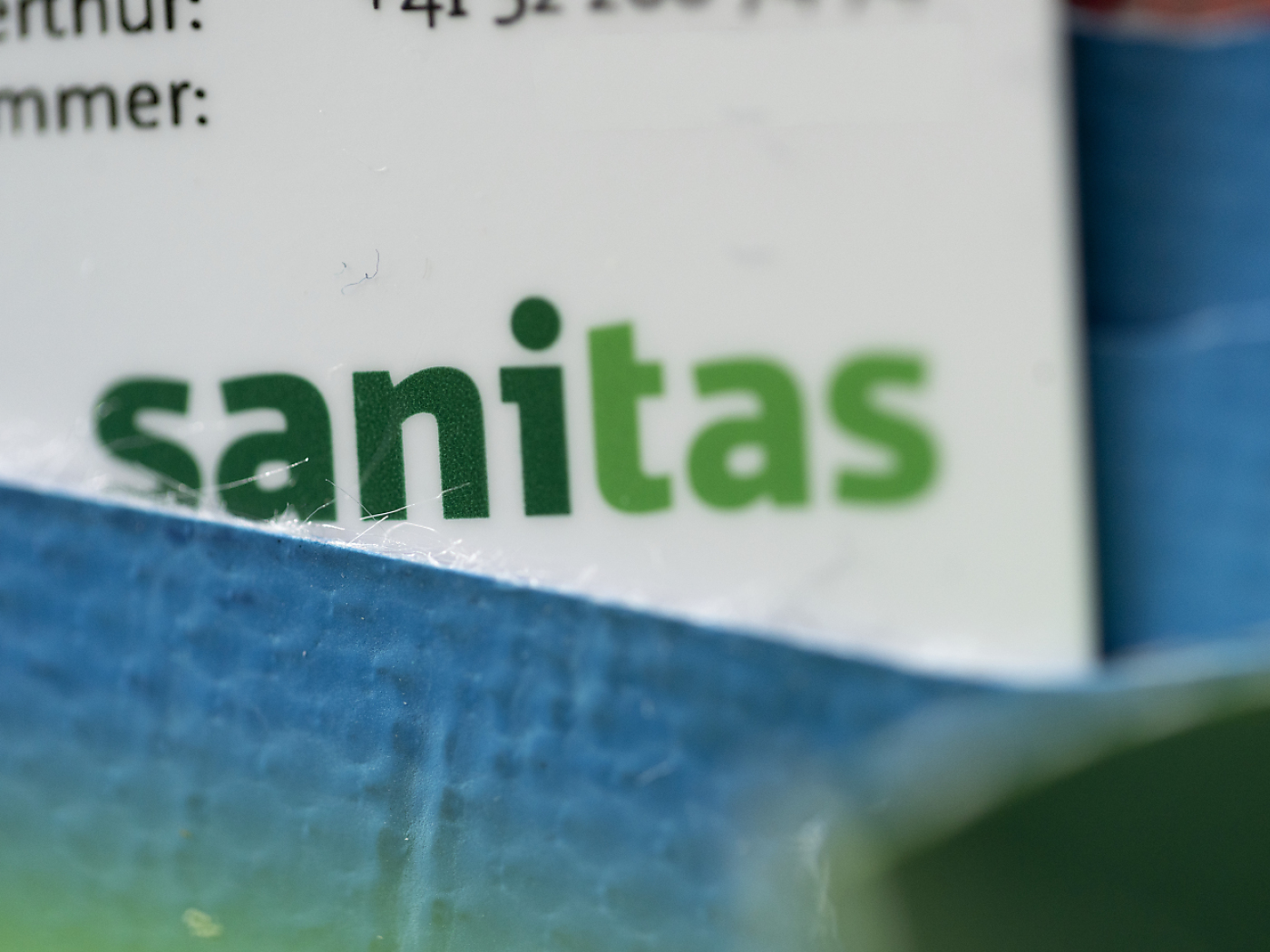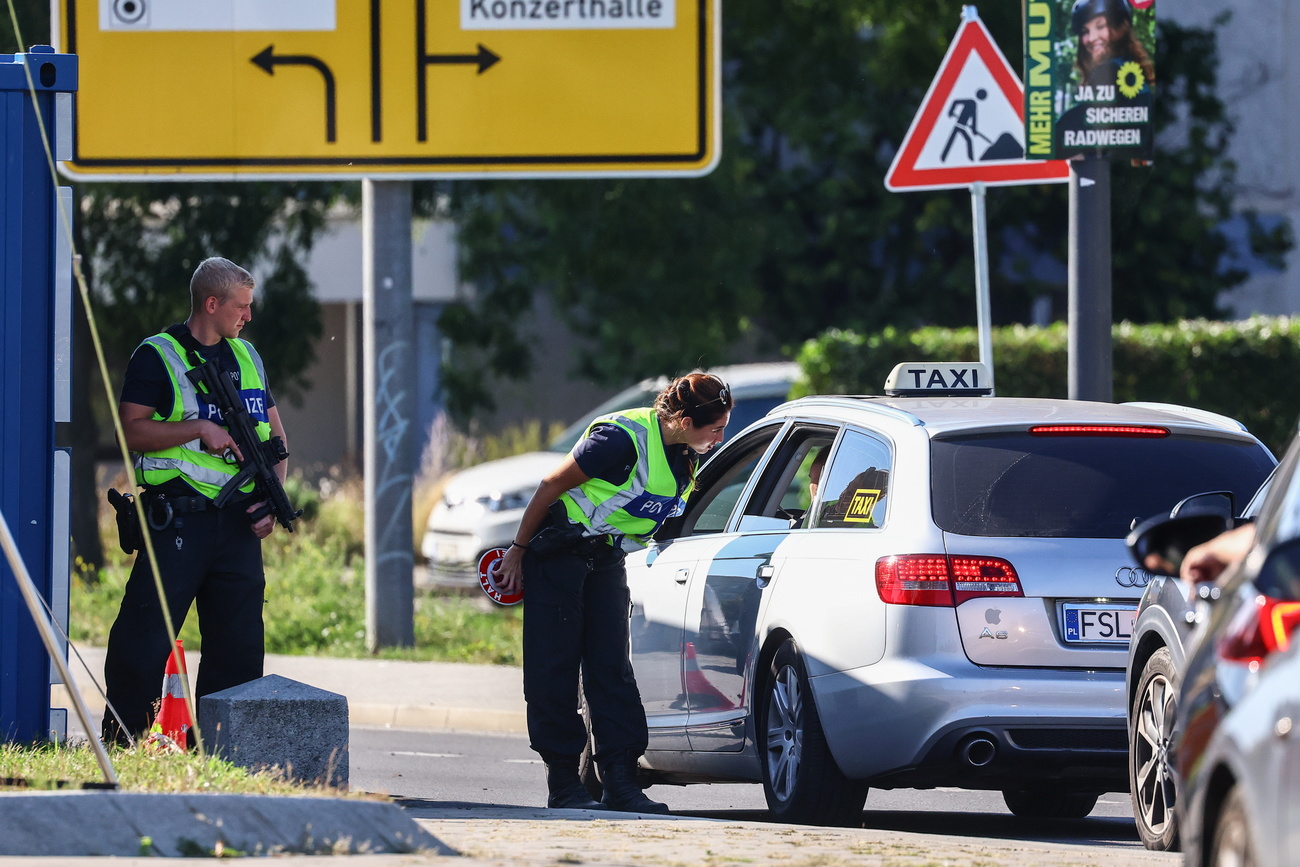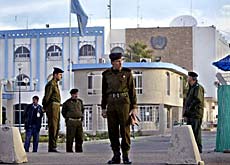Swiss get to grips with new UN role

Less than six months after Switzerland joined the United Nations, the world body is facing one of its biggest crises over Iraq.
For Switzerland’s ambassador to the UN, Jenö Staehelin, it has meant a roller-coaster ride of diplomatic talks.
Staehelin says the past few months have been “very busy” for him and his 25 staff since Switzerland took its seat in the UN General Assembly last September.
“People are worried,” Staehelin told swissinfo. “They agree with the requests for the disarmament of Saddam Hussein but at the same time, they favour a peaceful solution.”
The workload includes briefing the Swiss government and the foreign ministry on any UN decisions and developments regarding Iraq, he said.
“Switzerland favours a multilateral approach to solving the crisis.”
He added that Switzerland had been making the case for safeguarding human rights in Iraq in the event of war.
“We’ve stressed the need to respect humanitarian principles and international humanitarian law in case of a conflict,” he explained.
Goodwill
Staehelin, who led the Swiss observer mission before becoming an official UN ambassador, said that Switzerland’s experiences within the UN so far had been “positive”.
“The day Switzerland was admitted to the UN was for us very surprising because we felt so much goodwill as a consequence of our decision – based on a popular vote – to become a member,” he said.
Since that landmark day, a routine has set in of representing Switzerland and its interests.
“The UN is not only the Security Council and the General Assembly,” Staehelin explained. “There are many more activities in the fields of disarmament, environment, humanitarian issues, protection of children, prevention of war… where we try to be [active].”
Staehelin said part of the reason Switzerland was so positively received at the UN was because it is one of a small group of nations without a “hidden agenda”.
Security Council
Although Switzerland been a full UN member for less than six months, there has already been talk that the country might want in the medium-term to make a bid for a seat in the Security Council.
“I think this shouldn’t be excluded but it’s certainly not a short-term objective,” Staehelin commented.
“[We first] want to become a member of the Human Rights Commission and… at some stage, a member of the Economic and Social Council.”
Staehelin explained that membership of the Security Council was not only difficult in view of the long list of would-be candidates, but it also had its perils.
“The debate we are following on Iraq shows to what extent Security Council members are exposed to certain pressures,” Staehelin said.
“If a decision should be taken in Switzerland, it will not be tomorrow and it will be taken considering the views of members of parliament and the cabinet.”
Contribution
Staehelin said he hoped that Switzerland could in “a modest way” help to solve the problems the world faced.
For instance, Switzerland played a crucial role in having the optional protocol to the Convention Against Torture adopted by the General Assembly. It had also negotiated compromises within different commissions of the UN General Assembly, he said.
“And of course we [also] defend Switzerland when we have specific interests.”
One of the priorities is Geneva and its role as the UN’s European headquarters. To that end, a government report at the end of February supported promoting the international character of Geneva.
Unicef chairman
Ambassador Staehelin also wears a second hat at the UN. He was named chairman of the executive board of the UN’s Children’s Fund, Unicef, in January.
He explained that his appointment was to some extent due to the continued Swiss financial support of the organisation and also, as he put it, “because I’ve been around for quite a long time”.
Staehelin readily admits that there is no shortage of challenges facing the organisation, perhaps the most alarming being Aids.
“Every year there are 720,000 children born with HIV/Aids because their mothers have been infected. We have to do something,” he said.
“There are also the tremendous problems of sexual exploitation of children and of children being recruited as soldiers in armed conflicts… There’s a long list of things to be done, he added.
Asked how difficult it was to wear his two hats as head of the Swiss UN mission and chairman of Unicef, Staehelin told swissinfo: “I have wonderful people at the mission helping me to cope with this additional work.”
swissinfo, Robert Brookes in New York
Switzerland became the last country – bar the Vatican state – to join the UN in September 2002, following a nationwide vote.
The Swiss ambassador to the UN, Jenö Staehelin, says Switzerland aims to become a member of the UN Human Rights Commission in the near future.
In terms of the Iraq crisis, Staehelin says Switzerland is stressing the need to respect international human rights conventions.

In compliance with the JTI standards
More: SWI swissinfo.ch certified by the Journalism Trust Initiative










You can find an overview of ongoing debates with our journalists here . Please join us!
If you want to start a conversation about a topic raised in this article or want to report factual errors, email us at english@swissinfo.ch.